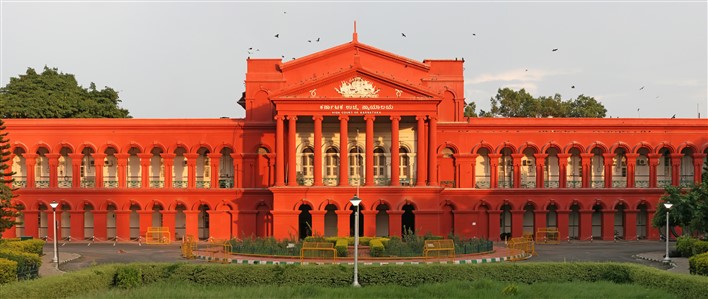Elevated as the Judge, Supreme Court of India on October 10, 2011, and retired on June 22, 2018, the following are the excerpts of former Justice Chelameshwar address to the august gathering at Lucknow in 2017.
The Hon’ble Judge mentioned it to be a moment of great honour to be present there before the judicial fraternity. He said, “I am not saying this because it is customary to say so. I know the history of this great High Court. It provided giants in the field of law- Pandit Jawahar Lal Nehru, Tez Bahadur Sapru and many many others and contributed to the history of this country for the last 100 years and to the history of this high court is intertwined.” On a lighter note, he struck a chord with the audience about stepping into the role of an advisor in his inaugural speech in the program, especially for the members of the subordinate judiciary.
SUBORDINATE JUDICIARY
Mentioning the importance of the subordinate judiciary as the “real face” with which common man is interacting day in day out. The common man knows local munsif, the local junior civil judge, senior civil judge and district judge, as they were called earlier. The judges of the High Court were relatively less known to the common man then and the Supreme Court judges were not known at all till about 20 years back, until the system started inviting them to the functions of the High Court. Therefore the real face is the subordinate judiciary vis a vis common man interaction. Therefore, the common man makes his perception based on his interaction with the subordinate judiciary. The legal system he said is such an involvement of time that visiting court for a common man is not a pleasant appearance for both civil and criminal matters.
The former judge stressed upon the point of liberty guaranteed under the Constitution, which cannot be secured unless there is an impartial judiciary. “When I am talking about liberty, I am not talking about the Supreme Court and High Court. It is the magistrate who he first deals with. It is only after his touching of the matter, it comes to them. So we need well informed, well-trained judiciary with impeccable integrity is the call for the day. “ Integrity is the personal trait and it is depending on the individual character that is moulded by society. Judiciary of the country has a great responsibility of maintaining it. It depends on the social value received from family, society and education. The efficiency of the system can always be improved by training.
Then touching upon mediation, the former judge urged upon the need to sensitise people about the same. He mentioned that judiciary gets 1-2% of the budgetary allocation each year. There is a need to work on the solution to lessen the burden of the judiciary.
ON THE ISSUE OF NOMINATING THE CHIEF JUSTICE FROM OUTSIDE THE STATE
Taking the history of the country to be 45 years. He said we have a policy of having Chief Justice from outside the state. The system has its own merit and demerit. Stressing upon the negative impact of the system he highlighted that average tenure of the Chief Justice of a High Court is one year. It will take some time for a Chief Justice appointed from a different State to understand the local conditions of administration. While being part of the state, the lawyer requires less time to settle and work upon the administration. He even touched upon the issue on the lighter side of this system that judges often do not recognise the faces of all judges too. Countering the issue of abuse the position being of the same state, the Former judge forwarded the argument that we do not have a chief minister from outside the state, then the same argument in case of chief justice baffles. The transfer is the policy of the government and not the constitutional mandate. He suggested it may not be important to change it but at least a debate on the same must be done.













Add Comment